Uncategorized
-
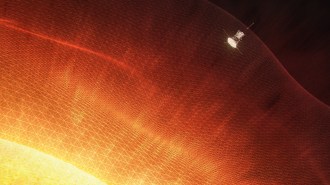 Astronomy
AstronomyThe Parker Solar Probe is the first spacecraft to visit the sun’s atmosphere
NASA’s Parker Solar Probe crossed a boundary between the sun’s atmosphere and interplanetary space that has been predicted for decades but never observed.
-
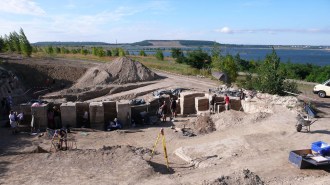 Archaeology
ArchaeologyNeandertals were the first hominids to turn forest into grassland 125,000 years ago
Neandertals’ campfires, hunting and other activities altered the land over 2,000 years, making them the first known hominids to impact their environs.
By Bruce Bower -
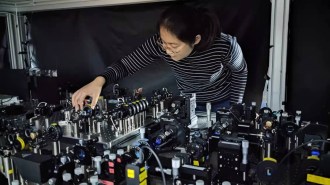 Quantum Physics
Quantum PhysicsQuantum physics requires imaginary numbers to explain reality
Quantum theory based only on real numbers fails to explain the results of two new experiments.
-
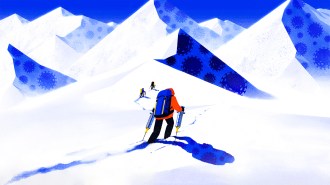 Health & Medicine
Health & MedicineIn 2021, COVID-19 vaccines were put to the test. Here’s what we learned
Vaccines can’t single-handedly end the pandemic, but they are still essential in the fight against the coronavirus.
-
 Health & Medicine
Health & MedicineHow sleep may boost creativity
In a lab experiment, people who had fallen into a shallow sleep were more likely than non- or deep sleepers to later discover a sly math trick.
-
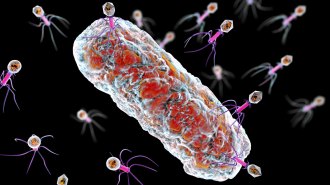 Microbes
MicrobesA bacteria-virus arms race could lead to a new way to treat shigellosis
As bacteria that cause shigellosis evolve to escape a virus, the microbes may become less deadly, a hopeful sign for “phage therapy.”
-
 Animals
AnimalsCicada science heats up when Brood X emerges. 2021 was no exception
Mating mobs of big, hapless, 17-year-old cicadas made for a memorable spring in the Eastern United States
By Susan Milius -
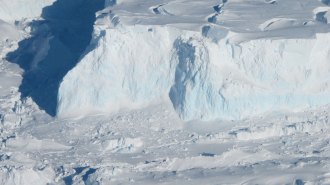 Climate
ClimateAntarctica’s Thwaites Glacier ice shelf could collapse within five years
The loss of Thwaites’ buttressing ice shelf could hasten the demise of the “Doomsday Glacier” and raise the risk of dramatic sea level rise.
-
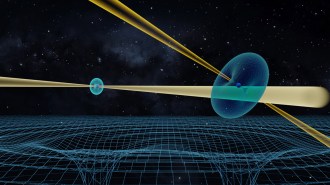 Astronomy
AstronomyThe only known pulsar duo sheds new light on general relativity and more
Einstein was right, among other insights gleaned from watching a one-of-a-kind system of two pulsating dead stars for 16 years.
-
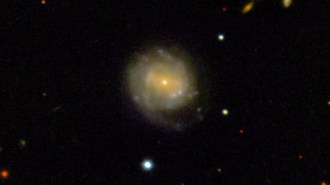 Astronomy
AstronomyThe cosmic ‘Cow’ may have produced a new neutron star or black hole
A bright, mysterious blast of extragalactic light appears to have spawned a small, compact object.
-
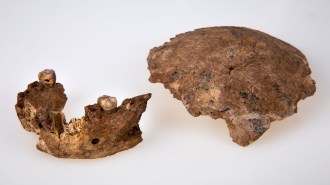 Anthropology
Anthropology2021 research reinforced that mating across groups drove human evolution
Fossils and DNA point to mixing and mingling among Homo groups across vast areas.
By Bruce Bower -

The triumph and fallibility of science in a historic year
Editor in chief Nancy Shute discusses the last year in science, including lessons we've learned about COVID-19, human evolution and amazing animal feats.
By Nancy Shute